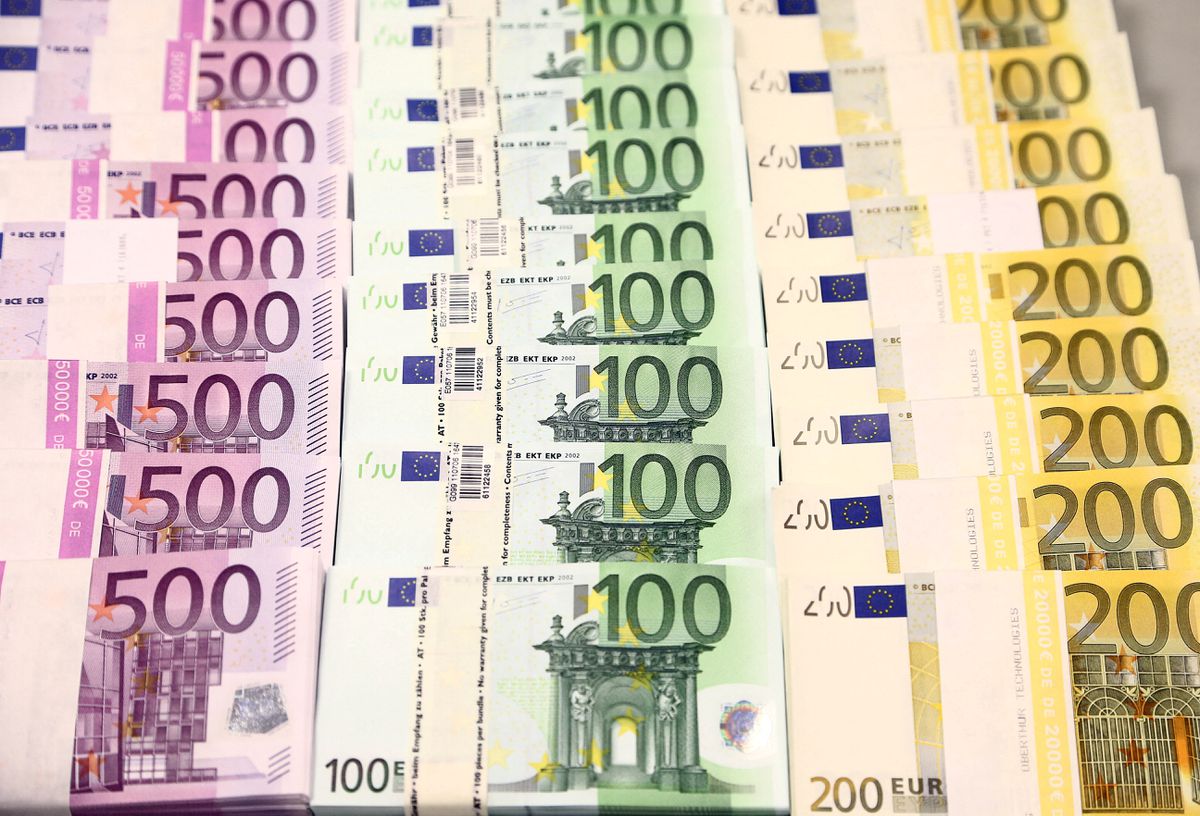Croatia aims to become the 20th member of the euro zone in 2023 after its parliament on Friday adopted legislation on introducing the shared currency from Jan. 1, the state news agency Hina reported.
The law to replace the Croatian kuna was passed with a majority vote by 117 lawmakers in the 151-seat parliament, with 13 votes against and one abstension.
Amendments by right-oriented parties, who said the timing was not right for the move and that it would only increase poverty and inflation, were dismissed.
Under the new law, prices will be shown in both currencies from September and continue to be in parallel use during the next year.
The government says adopting the euro would remove currency risk, reduce interest rates, improve the country’s credit rating and open the way for more investment.
The key challenge for the government and the central bank is to keep a lid on inflation and budgetary expenditures to satisfy the nominal macroeconomic criteria for euro zone members.







Click here to change your cookie preferences